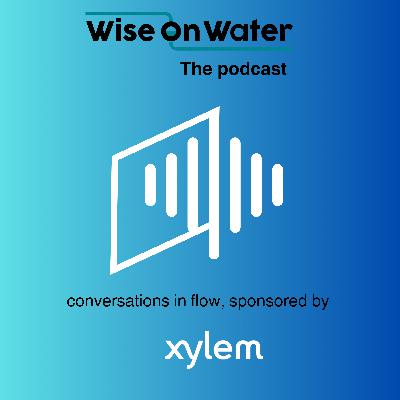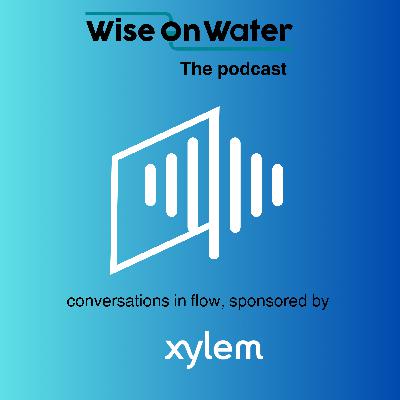Episode 8: Empowering customers
Description
This episode of the WiseOnWater podcast delves into the critical themes of customer empowerment and the dynamic changes shaping the water industry.
First, host Natasha Wiseman engages in a thought-provoking conversation with Mumin Islam about the need for stronger relationships between water companies and their diverse customers. They explore the challenges of building trust, the transformative power of innovation in enhancing customer engagement, and practical strategies for effective communication and community outreach.
The discussion underscores the vital importance of equity, diversity, and inclusion in ensuring water services meet the needs of all communities.
In the second part of the episode, Natasha speaks with Bob Taylor, Chief Executive, Portsmouth Water. With 40+ years' experience in the sector, Taylor provides a unique perspective on the evolving landscape of the water sector.
He also outlines Portsmouth Water's future plans, including the implementation of smart metering and how this will be vital in enhancing customer communication and empowering them to make water-saving choices. Taylor emphasises the importance of building and maintaining customer trust, advocating for collaborative approaches to water conservation and a deep respect for water as a finite and precious resource.
Key takeaways:
Customer empowerment: Placing customers at the heart of water company strategies is essential for building stronger relationships and improving service delivery.
Trust: The water sector faces ongoing challenges in building and maintaining public trust, requiring proactive and transparent efforts.
Innovation: Embracing innovative solutions can enhance communication, improve services, and ultimately, foster greater customer confidence.
Regular communication and transparency: Open and consistent communication is vital for keeping customers informed and building trust.
Engaging with diverse communities: Tailoring engagement strategies to different communities' specific needs and preferences is key. Recognising and respecting diverse cultural practices can inform more effective water conservation initiatives.
Data sharing: Utilising data effectively can lead to more innovative solutions and greater transparency in operations.
Equity, Diversity, and Inclusion: Ensuring equitable access and inclusive practices are fundamental to providing effective water services for all.
Listening: Actively seeking and responding to customer feedback is paramount for effective service delivery and building strong relationships.






